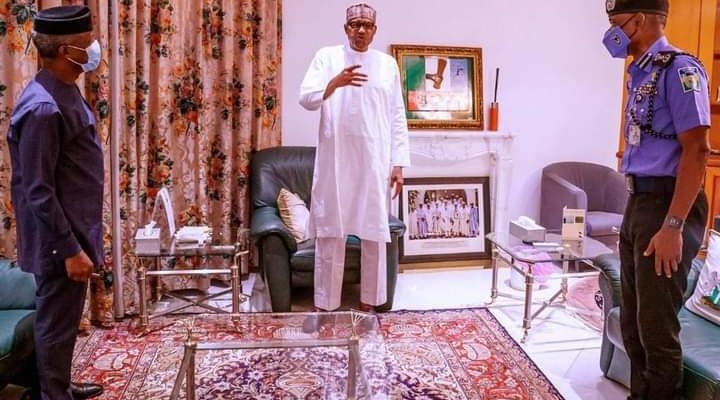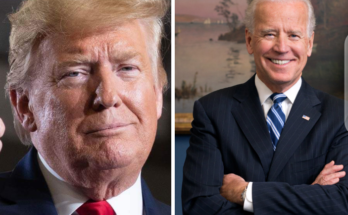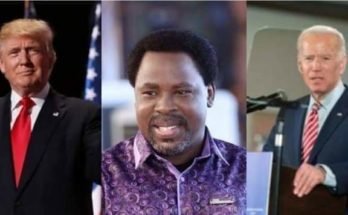
Good things have emerged from #ENDSARS. The youth have achieved what progressive minds have long been rooting for but not managed to capture, which is to halt the country’s drift in its tracks and compel a national rethink about where we should be heading. Mass protests are highly susceptible to being hijacked by miscreants and political jobbers, but this threat has largely (though not completely) been contained so far. In a country that has suffered decades of military rule and still bears the psyche of that history, mass protests could easily elicit violent suppression from police and military authorities – especially where the protests are primarily against the Police – but while there has been tragic loss of lives (as sadly happened to Jimoh Isiaq in Ogbomoso and Corporal Etaga Stanley in Ughelli), the institutional response of the security forces has been mostly restrained. The government has accepted the protesters’ demands and commenced implementation of an action plan. SARS has been disbanded. We have seen evidence of commitment, organisation and creativity among young people. We have seen a demonstration of transparency in the management of some funds donated to the cause. These are good and so far, #ENDSARS has been good.
But an idiom inspired by Geoffrey Chaucer states that ‘all good things must come to an end’. The leadership of the National Assembly has, after a meeting with President Muhammadu Buhari (PMB) called for the protests to end immediately. As of this morning, however, there is no indication that the protests will end immediately. One reason why there probably will not be an immediate end is that trust in the government has been eroded by past empty promises, including previous pledges to reform SARS. Protesters want to see concrete action before they retire to normal life.
So, when and how will #ENDSARS end? Mass protests in various parts of the world have ended in a variety of ways, and #ENDSARS could follow any one of them.
In some cases, a natural attrition occurs, as protesters begin to get tired, run out of resources and retreat to their businesses. Pro-democracy protesters put up a spirited fight in the 2019-2020 Hong Kong protests but ultimately the combination of gruelling resistance, forceful suppression by state authorities, and COVID-19 pandemic caused the protests to dwindle, and many activists are under arrest.
In other cases, the protests mature into a movement, and such movements persist in various forms in pursuit of longer-term objectives. The US civil rights movement is an example.
Some mass protests have inauspicious endings, like being quashed by security forces, even at the expense of huge loss of lives. Sometimes mass protests end in anarchy, as happened in Libya.
The Minister of Information and Culture, Alhaji Lai Mohammed said at the weekend that: “There is nowhere in the world where a government will fold its arms and allow the country to descend into anarchy. We are no longer dealing with #EndSARS but a volatile situation that can lead to anarchy if the government does not take some very firm steps to protect the lives and livelihood of innocent Nigerians”. The Minister of Defence Maj Gen Bashir Salihi Magashi has cautioned EndSARS protesters against breaching national security. These warnings portend a change of federal response from yielding acceptance to active suppression of the protesters.

The Nigerian Army has announced that it will be commencing a routine Exercise CROCODILE SMILE VI shortly. If this is truly just a scheduled exercise and not targeted at #ENDSARS, its announcement betrays a lack of strategic thinking in the Army’s media department.
In all this, the elephant in the room is PMB’s disposition. To PMB and the Presidency, he has spoken on #ENDSARS, through a statement issued after his meeting with Vice-President Yemi Osinbajo and the Inspector-General of Police, Adamu Mohammed. To the protesters and the country at large, he has not quite spoken. Our President does not fancy speaking engagingly with the citizenry. His spokesman, Femi Adesina, told us during the national clamour for PMB to address us on COVID-19 that it was not the President’s ‘style’. We are dealing with a matter in which substance should trump style. Communication, including body language, is critical in conflict resolution.
The best route towards achieving a peaceful and productive end to #ENDSARS starts with PMB speaking directly to the country, instilling confidence in us that reforms will be delivered, and addressing issues of governance that extend beyond #ENDSARS. These troubling issues are the source of the pent up anger and frustration that underlie the protests; SARS was only a trigger.
So, this is how I would like to see #ENDSARS end and, with it, #ENDSARS could end immediately:
1. PMB addresses the nation
2. The National Assembly announces a time-table for its review of the Nigerian Constitution
3. IG gives an update on implementation of Police reforms, including welfare matters
4. An ad hoc monitoring group comprising representatives of the protesters and the government is set up immediately (included in PMB’s speech above) to monitor progress with implementation of the government’s response to the protesters’ 7-point agenda.
5. The Courts/Commission and other machinery for trial of perpetrators of Police brutality and compensation of victims swing into action.
6. The Federal Executive Council, the Legislature, PMB’s aides, security agencies and corresponding operatives at State level manifest a strategic rethink, the rethink that #ENDSARS has mandated.
Leroy C Edozien
Ubili-Ka-Nkwu of Asaba





